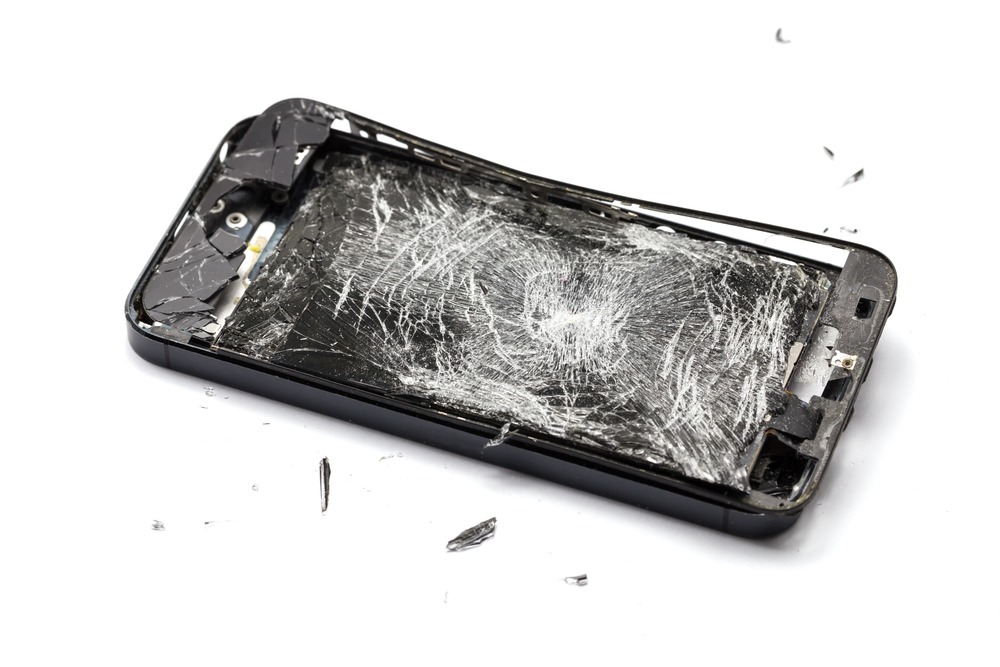
One of things you learn when you go back to the “innovation mecca” that is CES every year is that so many products and technologies are about disruption. And why not? It’s been one of the biggest themes of our lives, and most of us have seen it again and again.
The digital camera disrupted film.
Uber and Lyft disrupted the taxi industry.
Netflix (and its brethren) have disrupted cable and broadcast TV.
The Kindle and e-readers disrupted books.
And then there’s the smartphone, especially the iPhone. It disrupted everything. Remember 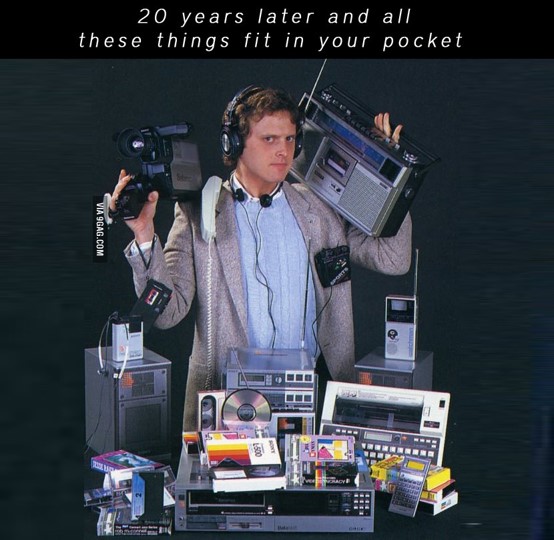 the graphic showing all the gadgets it has replaced – the camcorder, compass, GPS, books, CDs – and some of the stuff listed above.
the graphic showing all the gadgets it has replaced – the camcorder, compass, GPS, books, CDs – and some of the stuff listed above.
In fact, the iPhone may be the most disruptive gadget of them all. To Apple’s credit, they disrupted themselves. In many ways, iPhone replaced one of the great gadgets of all time, the iPod.
So it should come as no surprise that in recent years, the “experts” have predicted the disruption of the smartphone. In a new story in The Verge, writer David Pierce takes us through the machinations of the false promises of being “the next big thing.”
Pierce accurately nails the zeitgeist of the moment – we’re coming off COVID, the economy is shaky, inflation and the real estate market are problematic, and we’re dealing with the readjustment of going back to school and work. And the tech world is roiling from layoffs, from Meta to Amazon to of course, Twitter.
There’s something remarkably consistent and comfortable about the iPhone. As Apple has rolled out new versions of its amazing smartphone, the “oh wow” factor has diminished. If our very first iPhone is analogous to our first fireworks show, what can you say about iPhone 14? It has a better camera and the battery life has improved – not exactly cutting edge new features.
Nothing to write home about, right. But as Pierce reminds, “Smartphones may be boring now, but that’s only because they’ve been so good for so long.” That makes them less disruptable.
 When you almost always work, you become – by definition – less remarkable. I laugh when a plane I’m on lands and passengers clap for the cockpit crew’s accomplishment. It’s supposed to land safely. We’ve happily become accustomed to that, even jaded by it. Just like we are when our smartphone does what it’s supposed to do – the first time – with as little friction as possible.
When you almost always work, you become – by definition – less remarkable. I laugh when a plane I’m on lands and passengers clap for the cockpit crew’s accomplishment. It’s supposed to land safely. We’ve happily become accustomed to that, even jaded by it. Just like we are when our smartphone does what it’s supposed to do – the first time – with as little friction as possible.
Yet, smartphones in general, and the iPhone specifically, endure. Sure, smart speakers debuted with much promise, as everyone promised “voice” would change our lives. (Didn’t iPhone have Siri long before Alexa came bounding into our lives?) Then there was Google Glass. And VR. And AR. And now, the metaverse.
No matter. With apologies to the Dude, the smartphone abides, thank you, in spite of the dire forecasts to the contrary.
The same is true for mobile apps, of course. Pretty much everything Alexa will do for you, Siri (or Google Voice) will do more, usually better, and always portably. 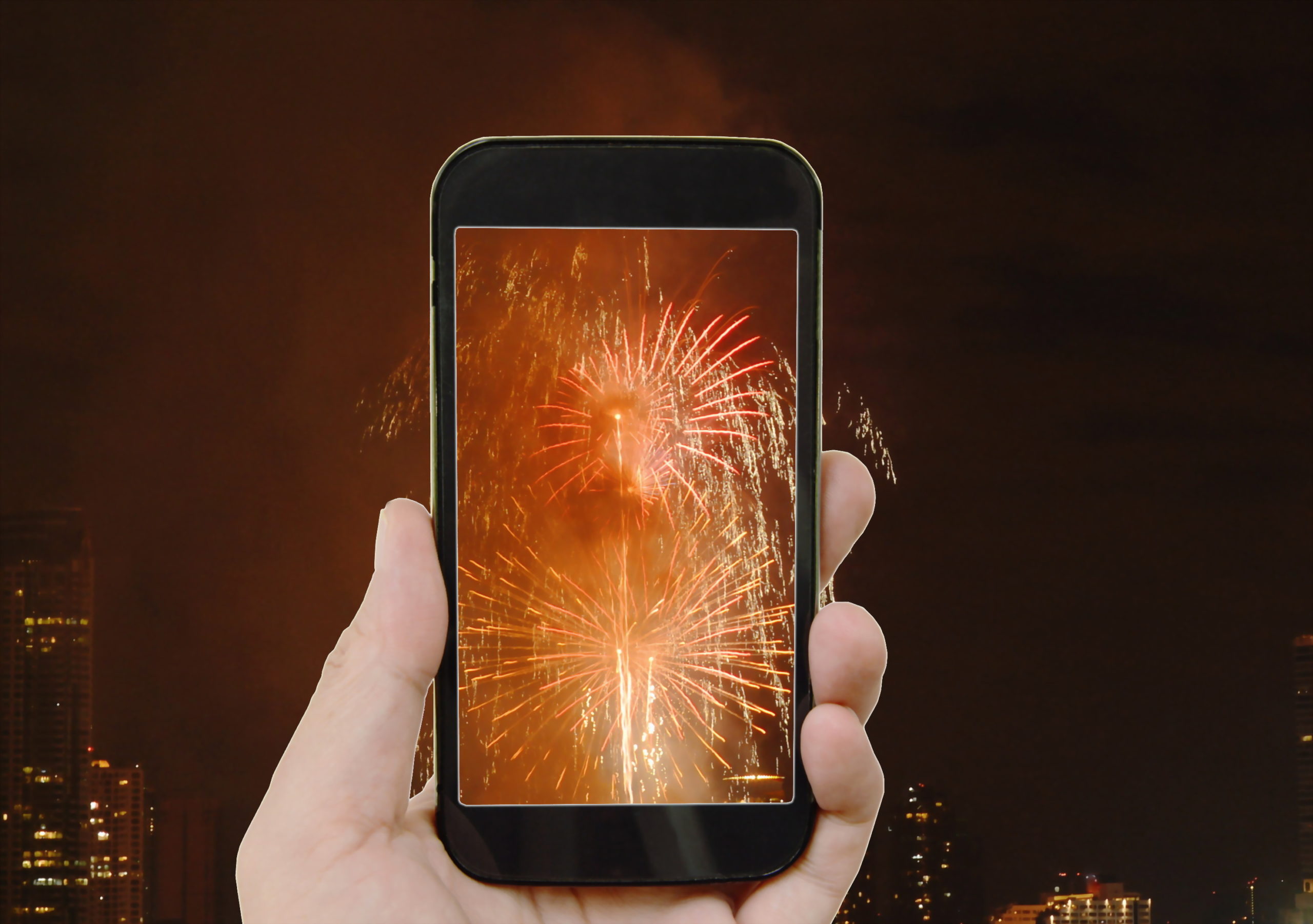 Those little apps have a lot to do with that by creating a financial model that is the definition of sustainability. Not only are they versatile, apps are the epitome of simplicity. And there’s nothing like having your brand’s icon on the front page of these ever-present devices.
Those little apps have a lot to do with that by creating a financial model that is the definition of sustainability. Not only are they versatile, apps are the epitome of simplicity. And there’s nothing like having your brand’s icon on the front page of these ever-present devices.
Yesterday’s post – “Has Alexa Become ‘A Wasted Opportunity’ For Amazon?” – laid out the travails of what was once a Jeff Bezos homerun just a few short years ago. But when you compare the business model of smart speakers to the mobile phone, it’s no contest. I can pick up an Echo Dot for $15 on the Amazon site. A new iPhone will set you back hundreds of dollars, unless you want to settle for a 2020 model.
As our post yesterday also pointed out, there’s no real ad model or subscription plan for smart speakers. You buy ’em cheap and that’s pretty much the end of the story – for Amazon and for third parties, like your radio station. Monetization is virtually nonexistent, especially if consumers aren’t using Alexa to buy diapers or snow shovels.
With smartphones and apps, you can make your fortune by designing your own app or with myriad ad models. Apple makes out pretty good on the deal, too, taking 30¢ on every dollar. And why not? They’re supplying the hardware, the audience, the marketing, sales, service, the quality control, and the privacy that provides consumer confidence. Users may not want to discuss their latest deal in front of Alexa who is listening, but they think nothing of saying whatever pops into their head while their smartphone is nearby – with an open mic.
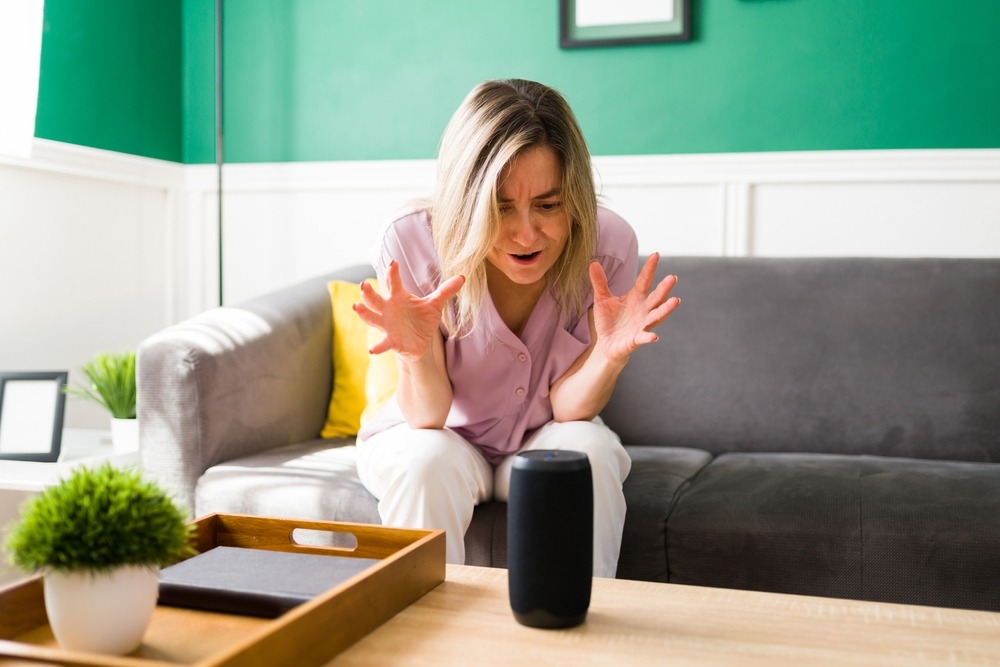 Finally, there’s simplicity. Getting entangled with a so-called “skill” with Alexa can be a frustrating tangle of commands that often fall on deaf ears. Too often, Alexa fails to understand if your wording isn’t just right. Smartphones – and their complement of apps – have dumbed it down, usually working the first time you try just about anything.
Finally, there’s simplicity. Getting entangled with a so-called “skill” with Alexa can be a frustrating tangle of commands that often fall on deaf ears. Too often, Alexa fails to understand if your wording isn’t just right. Smartphones – and their complement of apps – have dumbed it down, usually working the first time you try just about anything.
Ubiquitous, reliable, simple, with diverse offerings for just about any taste and situation. Yes, that’s the smartphone.
Those same words were once used to describe broadcast radio, another innovation that everyone predicted would be out of existence by now. Except that it endures, despite streaming, podcasts, satellite radio, and myriad gadgets and platforms that have attempted to outdo, copy, or duplicate radio.
The smartphone could have signaled radio’s death knell. But thanks to apps, radio can not only co-exist, it can have front and center “real estate” on our smartphone home screens. In so many ways, smartphones have sustained radio, thanks to their portability, ubiquity, and presence in any and all situations.
What will eventually disrupt smartphones? Experienced and humbled radio broadcasters might advise about the importance of sticking to your knitting. Don’t get too far away from what got you to the dance.
In radio’s case, drifting away from live, local, and a truer variety of music and talk options have all conspired to weaken Marconi’s medium.
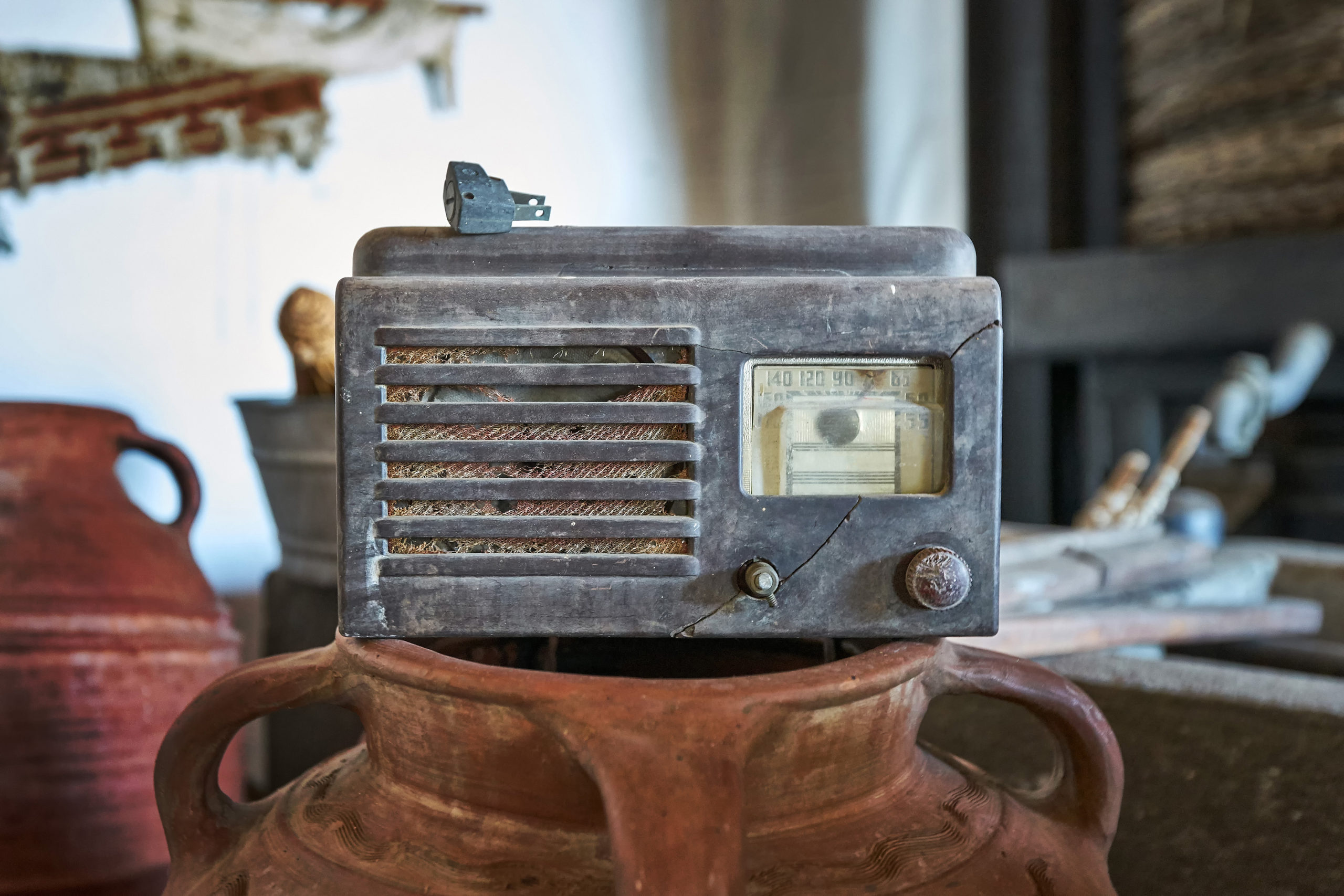 But like the smartphone, radio has found a way to beat the odds, often in spite of itself.
But like the smartphone, radio has found a way to beat the odds, often in spite of itself.
Too many broadcasters have lost their way due to worshipping profits over a pristine customer experience. As Pierce points out, your smartphone hasn’t completely avoided those UX sand traps. Fewer push notifications would be as welcome as fewer Kars-For-Kids ads.
If today’s radio magnates want to be around in a decade – or another century from now – they would do well to study the smartphone’s trajectory.
Ubiquity, variety, simplicity, accessibility, and adaptability are all watchwords of the smartphone industry. They are all ingredients of the mantra espoused by those wizards in Cupertino who happily take our money, but delight us while they do it.
Pierce ends his smart article with this reminder about the future of technology and gadgetry:
“One thing’s clear: the next big thing is the big thing in your pocket.”
Fortunately for radio, it can ride those long coat tails, and stay in the game.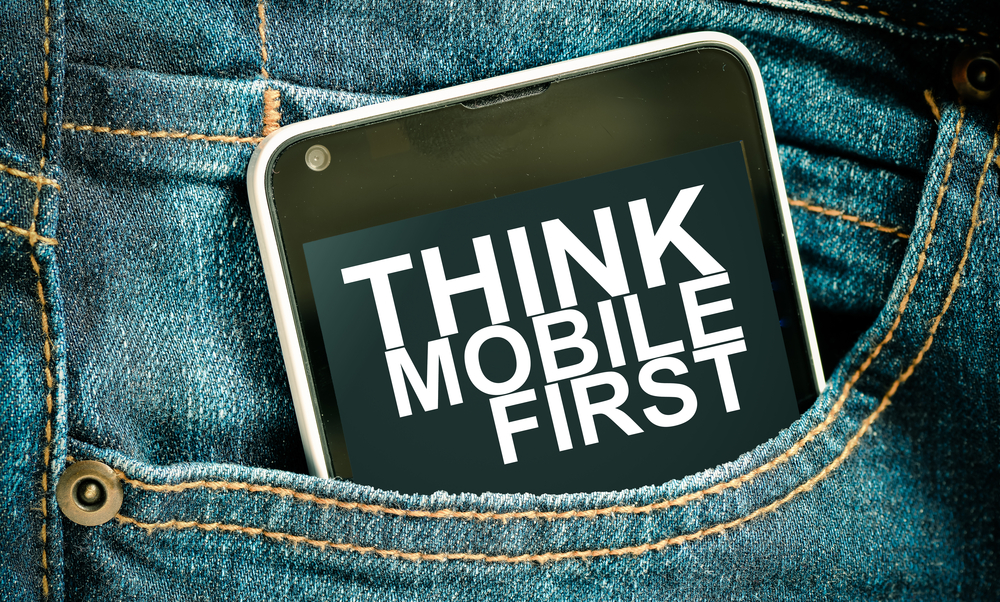
A “mobile first” mindset, in fact, might prove to be the model that keeps radio out of the “disruption dumps.”
“There’s an app for that” may sound like a slogan as old as “Snap, Crackle, & Pop.” But it’s a reminder smartphones can do it all.
If radio could only say the same thing.
- I Read The (Local) News Today, Oh Boy! - April 15, 2025
- Radio, Now What? - April 14, 2025
- The Hazards Of Duke - April 11, 2025




Amazon may not be monetizing the content from their smart speakers, but you have to believe that they’re monetizing the data those speakers scrape from your everyday life. Privacy laws are reducing the data available from website visits and cookies. You’d better believe that the data from smart speakers and phones is becoming more valuable. The “we’re losing billions” mantra is likely a precursor of adding ads or fees for the use of both devices. The number of push notifications will grow, not shrink.
I’ve always loved that photo – Bob Sirott from a CBS2/Chicago piece he did on the CES in…1982, which was rediscovered in 2015 and went viral.
I didn’t know that! That’s great! Definitely adds some fun backstory to the well-known meme. Thanks!
Good post, thanx. Wished the iPhone allowed access to FM stations. If nothing else…in case of a local or national emergency.
It was on the table – or at least the legislative agenda for more than a minute. Jeff Smulyan left it all on the field for NextRadio, but it is a very heavy lift.
Enjoyed reading the post……..while the radio geniuses wonder who to fire before they have to cut their own salary some of the people you fired are busy online perfecting formats that attract listeners and keeping their communication skills sharp for the return of radio to the entertainment business.
Like YOU, for example.